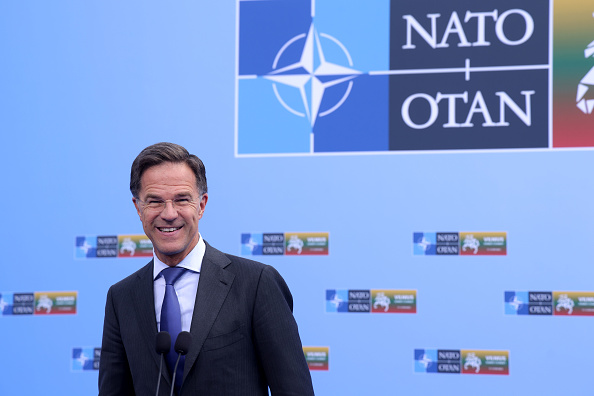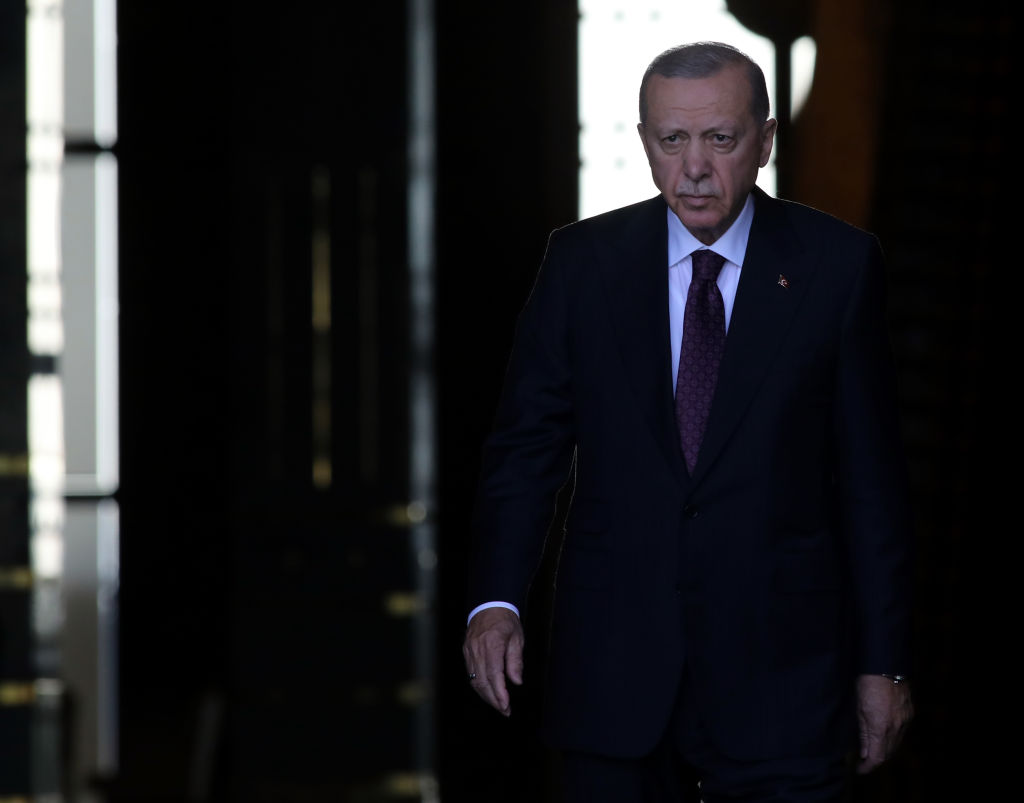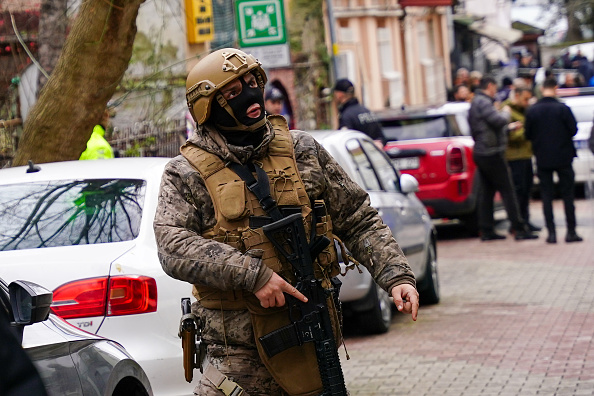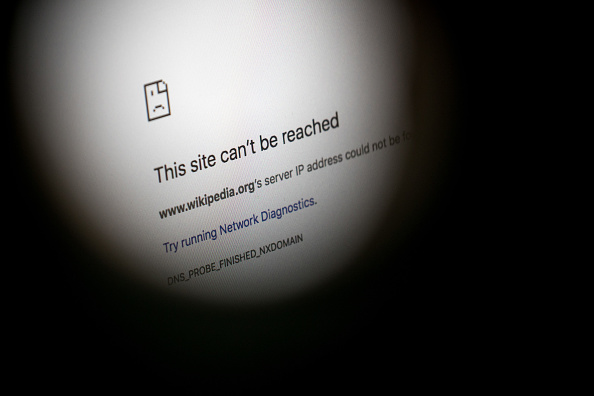Dutch caretaker Prime Minister Mark Rutte, in his hunt for a post-prime ministerial job, made his way to Turkey to meet Turkish President Recep Tayyip Erdoğan – who might help him land one as NATO’s next Secretary General.
Rutte took a commercial flight on April 26 rather than the Government jet and paid for the trip out of his own pocket, the Government Information Service confirmed.
He has support from 28 of NATO’s 32 allies for the role but has yet to convince Turkey, Hungary, Romania and Slovakia.
Of those, Turkey is possibly the greatest hurdle. In January, Erdoğan held off to be last in approving Sweden’s NATO membership – a strategy that won him $23 billion-worth of F-16 fighter aircraft and modernisation kits from Washington a few weeks later.
“From the beginning, Turkey’s relationship with NATO was transactional,” said Reuben Silverman at Stockholm University’s Institute for Turkish Studies.
For Turkey’s leaders, NATO “remains one of the few venues where they can exert pressure on Western peers”, he added.
Erdoğan has indicated two chief demands. First is increased support against terrorism, by which he means pro-Kurdish separatism, among the Netherlands’ 70,000 Kurds.
An interesting plot twist is that if Rutte steps down as Prime Minister for the NATO job before a new government coalition has been installed, then his successor as leader of his VVD party would take over.
That would be Dilan Yeşilgöz, who was born in Ankara to a Kurdish father and who received asylum in the Netherlands in 1980.
Second on Erdoğan’s “I want” list is a request not to side-line those NATO members that are not also in the EU: a category that includes Turkey, the US, Canada, the UK, Norway, Iceland, Montenegro, Albania and North Macedonia.
On April 5, Turkish foreign minister Hakan Fidan said Istanbul would announce its preferred candidate “very soon”. Rutte met Fidan on April 19 in The Hague.
Rutte has “a good working relationship” with Erdoğan, argued Peter Nut, a freelance journalist based in Amsterdam and Ankara, despite the leaders having often presented each other “as an enemy for their electorate”.
Under Rutte, the Netherlands has been a leading investor in Turkey and on March 31, Erdoğan took time during Turkey’s local elections for a telephone call with Rutte discussing his NATO candidacy.
If Rutte is able to convince an Erdoğan, who has form in dragging his heels to extract benefits, then only Hungary, Romania and Slovakia would remain for him to achieve the box-set.
Hungary’s foreign minister Peter Szijjarto has said his Prime Minister Viktor Orbán is opposed to Rutte’s nomination because of the Dutch PM’s criticisms of Budapest’s human-rights record.
Slovakia has held off endorsing a candidate due to national elections and the current government formation.
Romania’s President Klaus Iohannis announced his own candidacy March 12 but apparently has not since managed to lure away Rutte’s backers.
In a possible attempt to help get his candidacy across the line by being a good NATO citizen, Rutte offered on April 17 to buy Patriot air-defence systems for Ukraine from countries that were hesitant to send them directly.
“We can buy from them and deliver to Ukraine, we have the money. This is extremely important,” he said.
Ukraine needs at least 25 Patriot systems to defend the entire country from Russian attacks but seven would protect its largest cities, Kyiv has stated.





